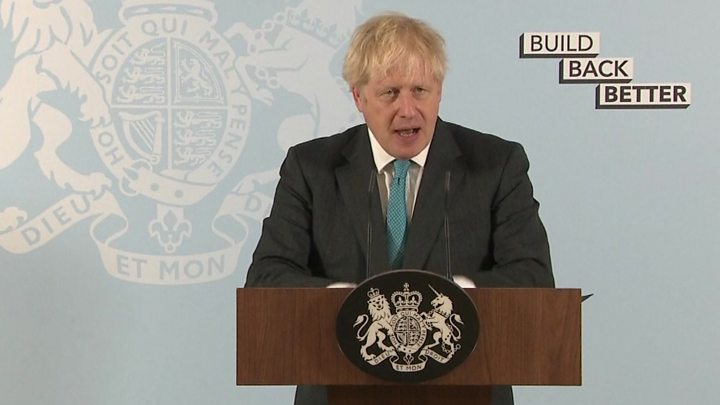PREVIOUSLY, this columnist sounded the alarm that an income tax could be heading our way soon. In a letter to the Union Leader, one Democratic state legislator argued that such a thing happening wouldn’t be so bad and anyway we “shouldn’t worry too much about a state income tax” because it’s been years since the state legislature has seriously considered one.
Minimizing the threat does not make it go away, however.
At least one seasoned journalist believes a commission empaneled to review New Hampshire’s education funding formula could well come back with a recommendation in favor of a statewide income tax.
“Is the pledge and broad-based taxes (sic) still the third rail of New Hampshire politics or has the voltage been reduced considerably?” asks Garry Rayno. “I believe it has, but we will learn more in a couple of months.”
Rayno has watched the proceedings of the Commission to Study School Funding closely and believes the feedback it has gathered shows considerable softening on the tax issue.
“What was telling,” writes Rayno, “in all the recorded remarks about education funding, was a lack of a consensus on a new revenue source, but no adamant opposition to a sales or an income tax.”
It should be noted that the recorded remarks he’s referring to came from focus groups with municipal and school officials; in other words, people pre-sold on the idea that New Hampshire needs a new revenue source to fund schools across the state.
But let’s back up. With all the news about schools during this age of pandemic, was the reader aware that a commission charged with redesigning school funding even exists? Isn’t that what the state legislature is for? And what exactly is this Commission to Study School Funding?
The commission was created under the state’s 2020-2021 budget to develop “school funding policies that comply with court decisions calling for uniform revenue sources and fulfillment of the Constitutional requirement for a state-funded adequate education for all preK-12 students,” its website reads. It consists of 17 members, seven of whom are state legislators. Only one of these is a Republican.
The legislature appropriated $500,000 to the commission, which in turn hired the University of New Hampshire’s Carsey School of Policy Policy to conduct research and engage the public during its decision making process.
The commission has received testimony from many stakeholders including school administrators, teachers unions, diversity and inclusivity experts, and nonprofit groups that advocate for greater equity in school funding.
Absent from publicly available lists of stakeholders are taxpayer groups, small employers, parents, or experts from other states where tinkering with school funding resulted in new taxes but no property tax relief (namely, everywhere on Earth).
Next month, the commission will conduct a survey asking, “which of these options is closest to your opinion of what should be the primary source of education funding in N.H.? (Local property taxes, a state-wide property tax, an income tax, a sales tax, or some combination of these?)”
The question reveals the flaw inherent in such panels of experts — they are mono focused on the task to which they have been assigned and have no obligation to balance their recommendations against other interests. Each poll option would have a significant impact on state and local economies and on the business climate in the Granite State. But the Commission isn’t interested in any of that. It’s job is to design a new funding mechanism for schools, consequences be damned. Don’t expect a panel of school funding experts to conclude schools have enough money and we need no new sources of revenue. Its recommendations are practically written into its mission statement.
Commission member Rep. Mary Heath commented, “I worry right now about our conversations and somebody taking the conversation and saying, ‘Oh that school funding commission just wants to raise taxes.’”
Despite all the self-doubt, New Hampshire schools do quite well. Last year, the Education Week Research Center said New Hampshire schools were the fifth best in the nation. Wallet Hub ranked New Hampshire fourth.
Moreover, the commission’s work seems stuck in the late-twentieth century. Had the commission conducted any meaningful dialogue with parents instead of mostly school officials over these last six months, they’d know families today are desperate for more education options.
Oh, they may not articulate their views in the language of, say a Heritage Foundation white paper on school choice. But families are flocking to Catholic schools, charter schools, home schooling, co-ops, and remote learning programs in this environment of school reopening uncertainty.
Sadly, the commission wasn’t tasked with innovation and outside-the-box problem solving. It’s only job is to change the way New Hampshire funds its schools. A cynic would say the fix is in.
Expect the Commission to Study School Funding to recommend a uniform broad-based tax on or before its December 1st deadline. If I’m wrong, consider it an early Christmas gift.
Patrick Hynes is the President of Hynes Communications. He can be reached on Twitter @patjhynes.



More Stories
Colorado K-12 enrollment drops, prompting funding, well-being concerns
Portland school psychologists speak out against cuts, reassignments
With wait lists for emergency child care, Virginia lawmakers could increase funding